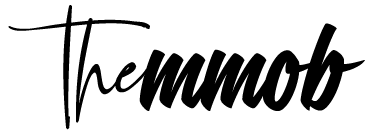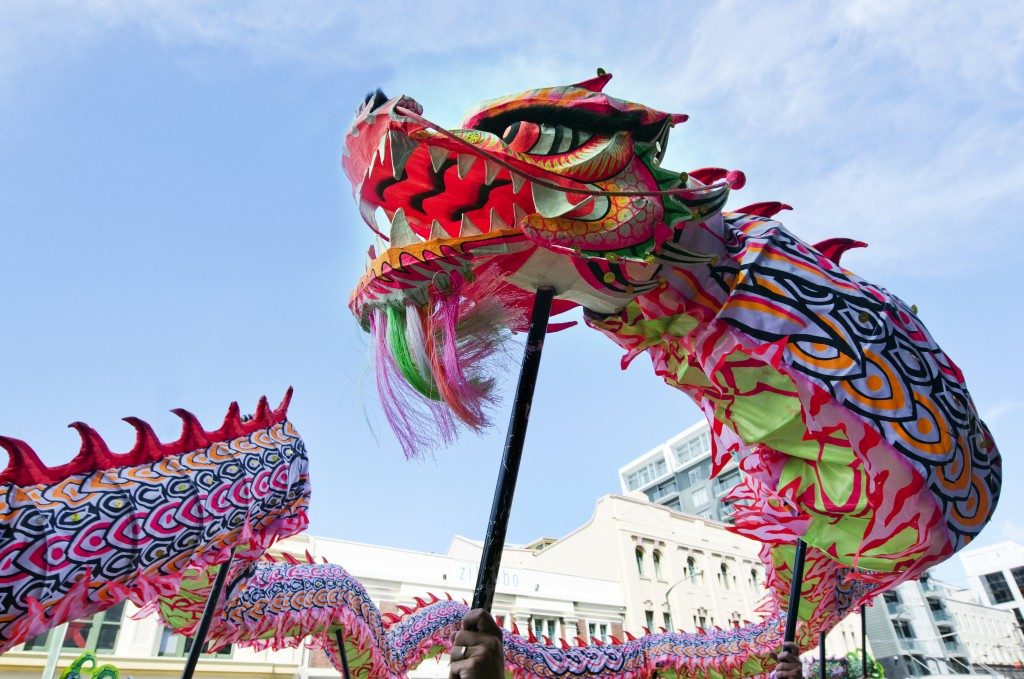Who doesn’t want to be lucky? But more than any other cultures in the world, Chinese traditions put special emphasis on using lucky charms and symbols to weaken the shar (bad) chi and strengthen the good chi in homes, offices, and business establishments. That’s why when you enter a traditional Chinese restaurant, you’re often greeted by a waving porcelain cat or mystic knots hanging above.
In Chinese culture, even the mooncake box design can bring in luck. Businesses would specifically have their mooncake boxes designed according to feng shui experts. The Chinese believe in eating, giving, and sharing mooncakes during the Mid-Autumn Festival because their roundness symbolizes prosperity, completeness, and reunion for the family.
What other symbols and charms do the Chinese use to bring luck to their homes and businesses?
Number 8
The number 8 is the luckiest in Chinese culture. Pronounced as “ba,” number 8 sounds familiar to the word “fa,” which means “to make a fortune.” Businesses favour the number 8, in particular, because it is associated with prosperity, high social status, and success.
Mystic Knot
The most popular symbol of good fortune in Chinese culture is the mystic knot, which can be created by putting six infinity knots together. The result is a knotted number eight, which, again, means fortune and prosperity in the culture. The knot is attached to many items such as coins, bracelets, wallets, and many other items. It brings never-ending good fortune and happy life, so who wouldn’t want a mystic knot?
Lucky Cat
 You see this cat all the time in Chinese-owned establishments. It is also called the Beckoning Cat because it beckons customers to come its way. It is mostly used in businesses, but you can also put it as decoration in your home, or you can bring it with you like a little key chain. The Lucky Cat is also printed on handkerchiefs, T-shirts, towels, and many more.
You see this cat all the time in Chinese-owned establishments. It is also called the Beckoning Cat because it beckons customers to come its way. It is mostly used in businesses, but you can also put it as decoration in your home, or you can bring it with you like a little key chain. The Lucky Cat is also printed on handkerchiefs, T-shirts, towels, and many more.
Buddha
More specifically, your Buddha should be laughing and happy. The Buddha means many things: happiness, good health, fortune, abundance, and good luck. Businesses put it in their reception area.
Ang Pow (Red Envelope)
The story goes that Ang Pow was a brave young man who lived in a village being terrorized by a dragon. He slew the dragon, and as a token of their gratitude, the villagers placed money inside a red envelope and gave it to him. Today, that red envelope is decorated with various symbols of prosperity and fortune (mystic knot) outside, while a coin or a dollar is placed inside. Put the envelope in your wallet for good luck.
Dragon
Ever wondered why many Chinese people have a dragon tattooed on their arms, back, legs, and even face? It is because the dragon symbolizes leadership, power, and luck in career. For many Chinese, a dragon symbol will help them get the position they want in the company.
There are many interpretations of luck in Chinese culture. Most of them are derived from ancient times. If you want to learn about Chinese culture, studying their belief in luck and charms is a good start.

